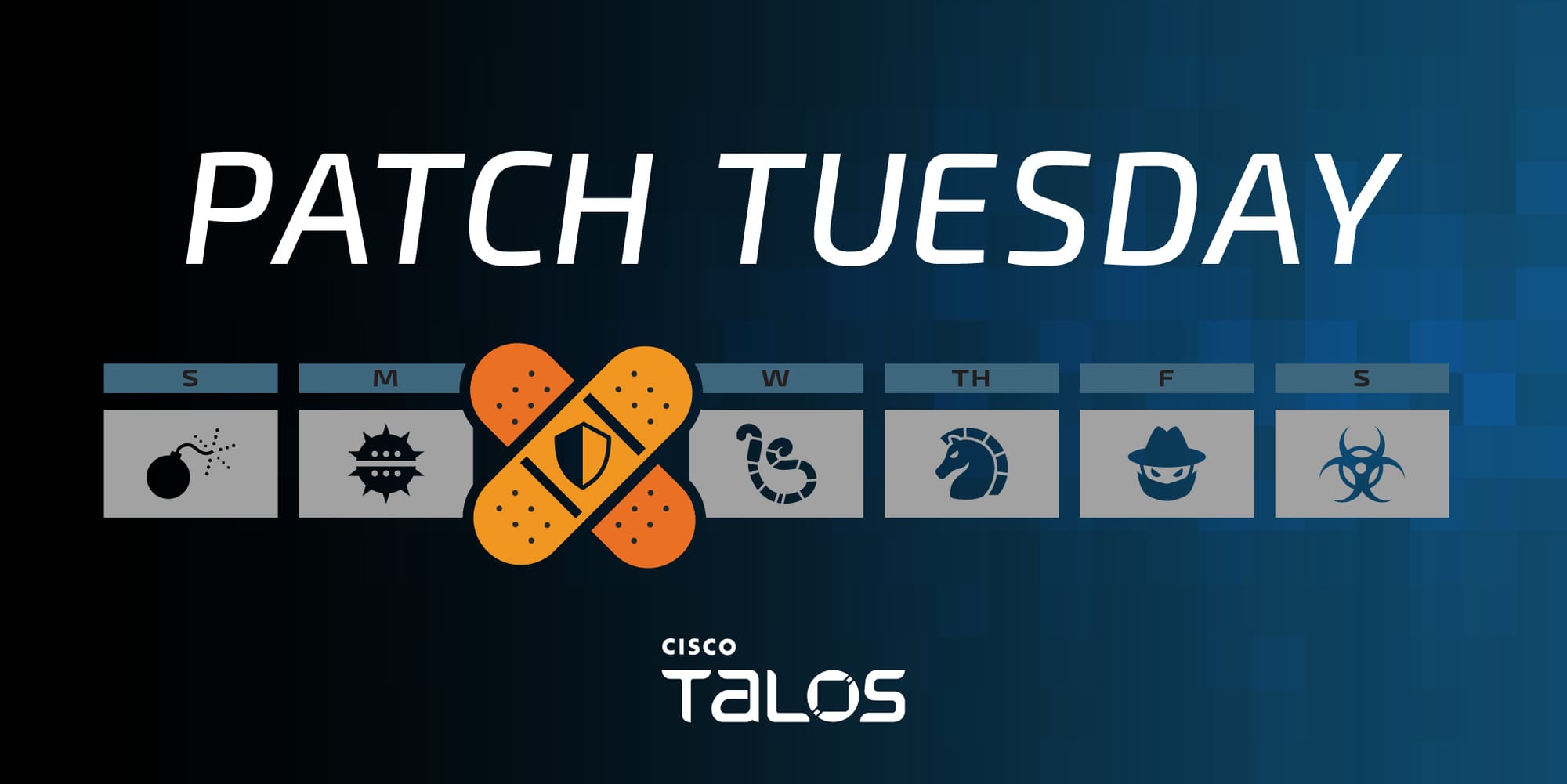Four zero-days included in group of 79 vulnerabilities Microsoft discloses, including one with 9.8 severity score
Microsoft disclosed four vulnerabilities that are actively being exploited in the wild as part of its regular Patch Tuesday security update this week in what’s become a regular occurrence for the company’s patches in 2024.
Two of the zero-day vulnerabilities, CVE-2024-38226 and CVE-2024-38014, exist in the Microsoft Publisher software and Windows Installer, respectively. Last month, Microsoft disclosed six vulnerabilities in its Patch Tuesday that were already being exploited in the wild.
In all, September’s monthly round of patches from Microsoft included 79 vulnerabilities, seven of which are considered critical. In addition to the zero-days disclosed Tuesday, Microsoft also fixed a security issue that had already been publicly disclosed: CVE-2024-38217, a vulnerability in Windows Mark of the Web that could allow an adversary to bypass usual MOTW detection techniques.
Cisco Talos’ Vulnerability Research team also discovered an information disclosure vulnerability in the AllJoyn API that could allow an adversary to access uninitialized memory. CVE-2024-38257 is considered “less likely” to be exploited, though it does not require any user interaction or user privileges.
The most serious of the issues included in September’s Patch Tuesday is CVE-2024-43491, which has a severity score of 9.8 out of 10. CVE-2024-43491, a remote code execution issue in Windows Update, is considered “more likely” to be exploited, though Microsoft disclosed few details about the nature of this vulnerability.
There are also four remote code execution vulnerabilities in SharePoint Server that are also considered “more likely” to be exploited: CVE-2024-38018, CVE-2024-38227, CVE-2024-38228 and CVE-2024-43464.
In the case of the latter three vulnerabilities, an authenticated attacker with Site Owner permissions can inject arbitrary code and execute code in the context of SharePoint Server. However, an attacker only needs to have Site Member permissions to exploit CVE-2024-38018.
CVE-2024-38226, one of the zero-days disclosed this week, is a security feature bypass vulnerability in Microsoft Publisher that could allow an attacker to bypass the default Microsoft Office macro policies used to block untrusted or malicious files. An adversary could exploit this vulnerability by tricking a user into opening a specially crafted, malicious file in Microsoft Publisher, which could lead to a local attack on the victim’s machine. Macros have been blocked by default on Office software to prevent attackers from hiding malicious code in them.
Another vulnerability being actively exploited in the wild, CVE-2024-38014, is an issue in Windows Installer that could allow an adversary to gain SYTEM-level privileges. This issue affects Windows 11, version 24H2, which is currently only available on certain Microsoft Copilot+ devices, among other older versions of Windows 10 and 11.
A complete list of all the other vulnerabilities Microsoft disclosed this month is available on its update page.
In response to these vulnerability disclosures, Talos is releasing a new Snort rule set that detects attempts to exploit some of them. Please note that additional rules may be released at a future date and current rules are subject to change pending additional information. Cisco Security Firewall customers should use the latest update to their ruleset by updating their SRU. Open-source Snort Subscriber Rule Set customers can stay up to date by downloading the latest rule pack available for purchase on Snort.org.
The rules included in this release that protect against the exploitation of many of these vulnerabilities are 63979 – 63984 and 63987 – 63994. There are also Snort 3 rules 301008 – 301013.
Cisco Talos Blog – Read More


